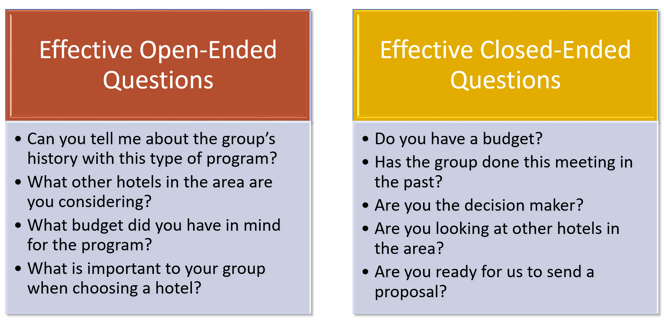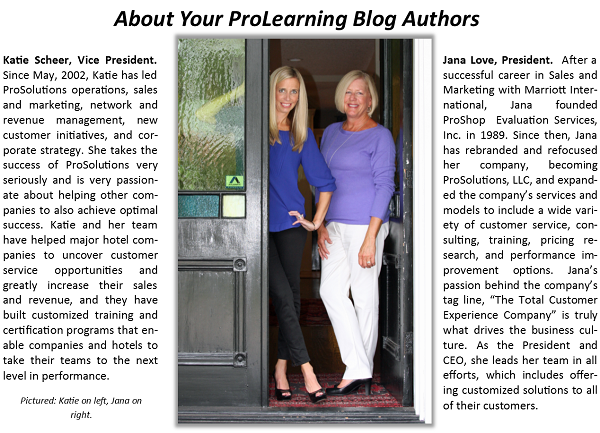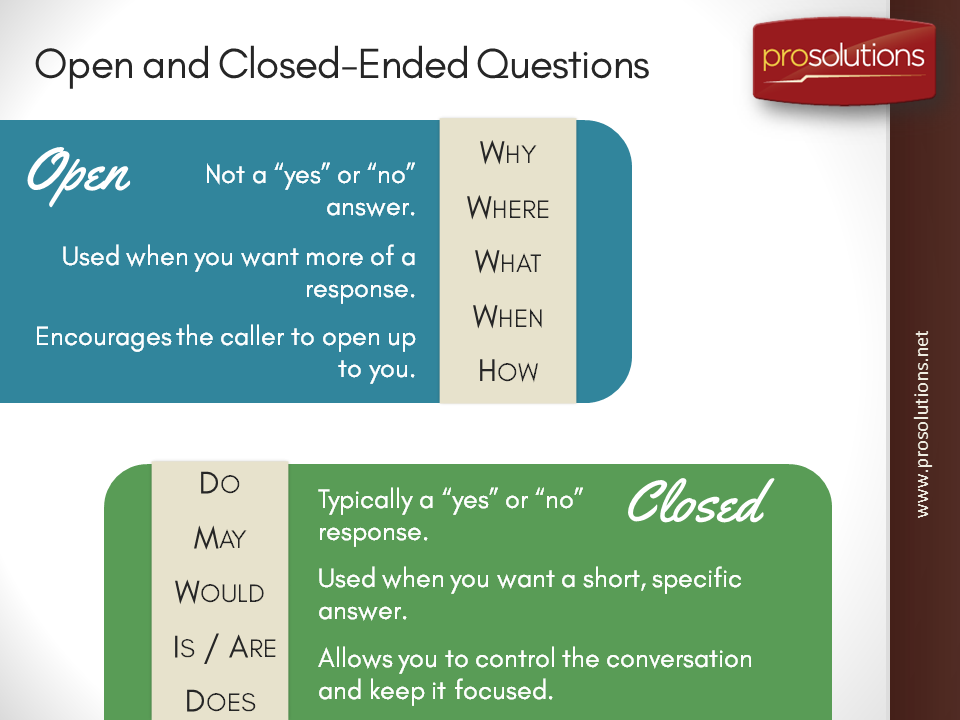Not all questions are created equal. Learning how and when to utilize different types of questions and questioning techniques will mean the questions do the heavy lifting for you. You need to think: work smarter, not harder.
What are the basics of qualifying? Questions, and more questions. You won't learn much if you don't ask questions. Plus, you won't learn anything useful, and you won't learn it quickly if you don't ask the right questions. So consider again, not all questions are created equal.
A great sales person recognizes which important steps in the sales process to master to win the sale. One of the most important steps that we are going to dive into today is: Questioning Skills. Great sales people understand that skillful questioning will not only simplify the sales process, but will also aid in building rapport with your customer. How? Remember, your customers are not just buying your product, they are first buying you. Therefore, your ability to move the sale along with finesse just by asking the right questions at the right time, and in the right way, builds trust and puts the customer at ease. Sales is all about finding out your customers' wants, needs, and fears, and the way to do this successfully is by knowing the difference between open and closed-ended questions. As mentioned, you want to work smarter, not harder. Knowing when and how to use Open and/or Closed-Ended questions to make the questions work more effectively for you is key. To download a larger version of the graphic above to print, click here.
When you are in a negotiation collecting all the information you will need to make the sale, your ability to question effectively will keep the conversation efficient, streamlined, and focused. Asking the customer a yes/no question (Closed-Ended) when you really need a detailed response, may put you at a disadvantage. You now have to ask the customer another question to collect this information. For example, asking a closed-ended question, "Are you looking at other hotels in the area?" gives you a yes or no response. The answer "No," is great information for you to know, but if they say "yes," the more streamlined question would have been an open-ended question like, "What other hotels in the area are you considering?"
Below are some examples of both style of questions so that you can see the differences.

As with any technique/skill in sales, being prepared is best. So, our recommendation is to take a moment to write down as many open and closed-ended questions related to your individual sales process. Your personal list of questions will help you become familiar and comfortable with when to to use each style. Most importantly, practice, practice, practice!



